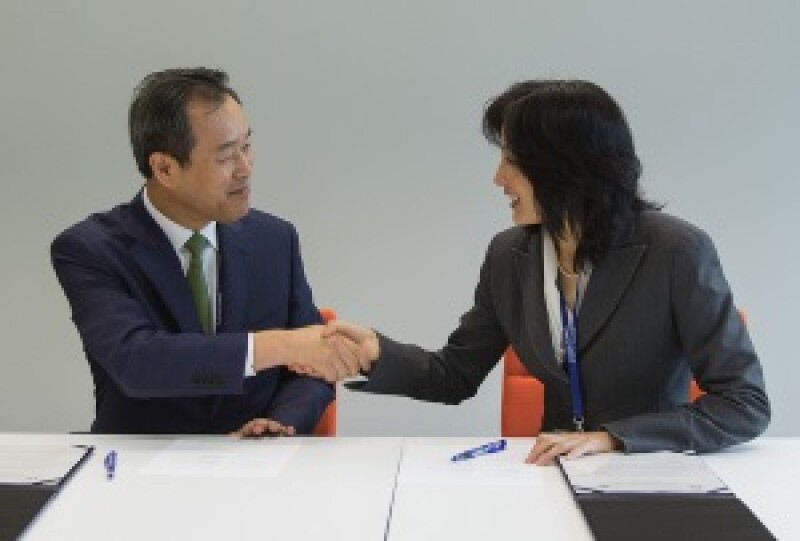
The agreement, signed by the heads of the two offices during a bilateral meeting in Geneva, Switzerland, is designed to improve the patent granting process through streamlined access to patent documentation. Through this cooperation, KIPO will greatly expand the number of documents included in the Cooperative Patent Classification (CPC) system by fully classifying its patent applications and utility models.
“Today’s historic announcement further illustrates the usefulness of the Cooperative Patent Classification system and demonstrates the excellent bilateral relationship and spirit of cooperation between the USPTO and KIPO,” said Michelle Lee, deputy director of the USPTO. “We hope other offices, particularly IP5 offices, will follow KIPO’s lead in increasing global intellectual property protection for innovators around the world.”
Young-min Kim, KIPO Commissioner: “In accordance with the agreement, all Korean patent and utility model applications newly filed will be classified into CPC, ensuring efficient access worldwide to Korean patent documentation. As KIPO and USPTO are set to use the unified classification system, it is expected that work efficiency and user convenience will be improved and that the bilateral cooperation further facilitated.”
The latest cooperation between KIPO and the USPTO also achieves the goal of KIPO classifying its patent collection in of the Cooperative Patent Classification system ahead of schedule. Starting January 1 2015, KIPO will begin classifying its entire new patent collection using CPC.
Since October 2010, the USPTO and the European Patent Office (EPO) have worked jointly to develop a common, internationally compatible classification system to be used by both offices in various examination-related processes in an effort to enhance efficiency through work-sharing initiatives and reduce unnecessary duplication of work.









